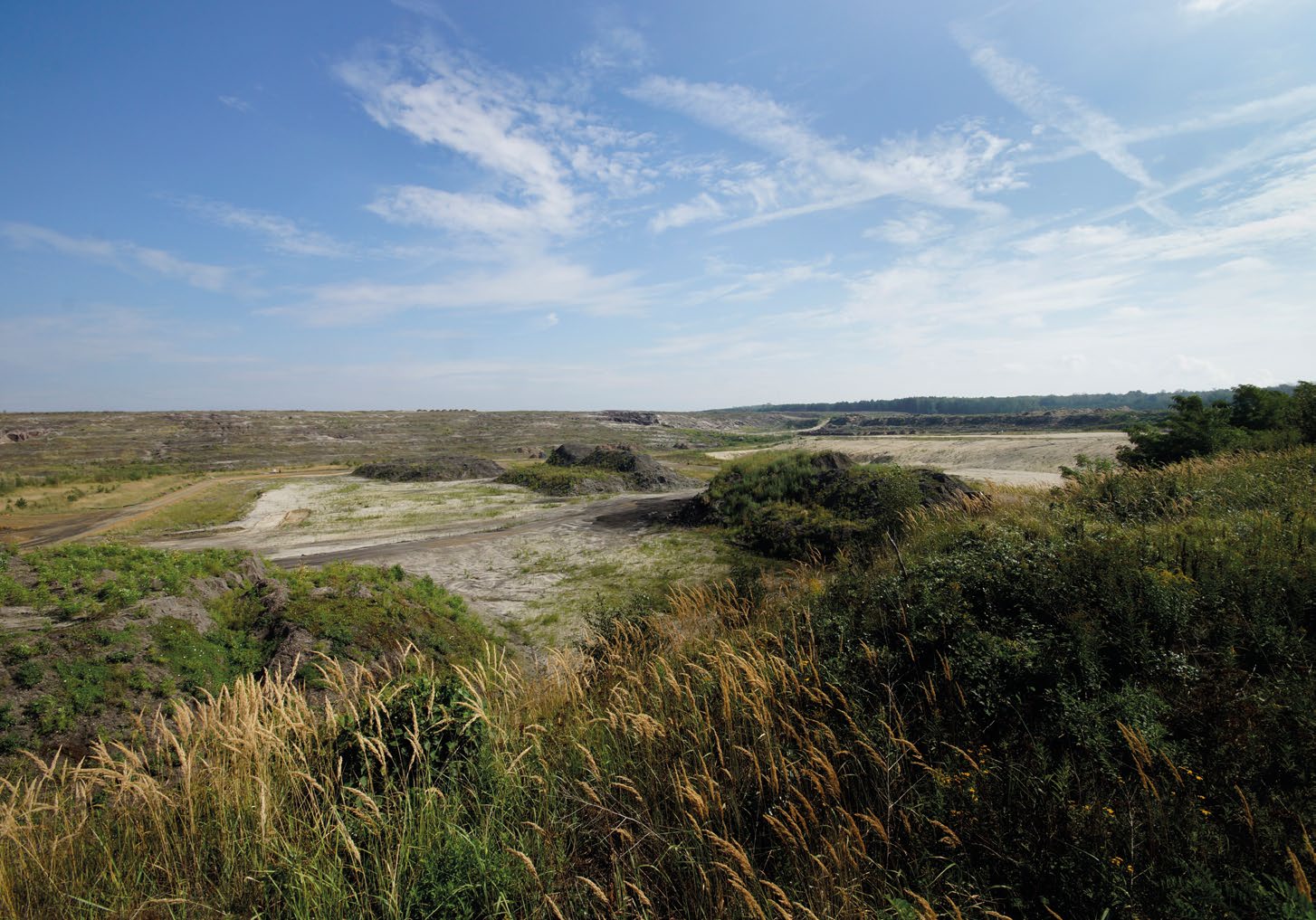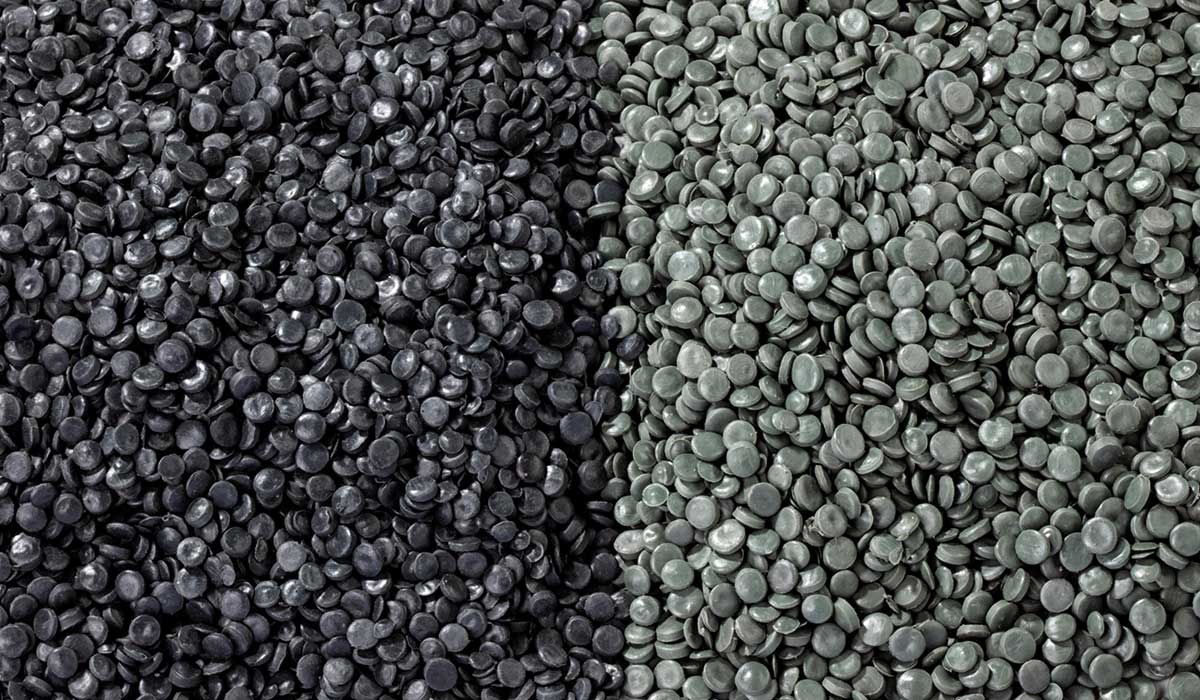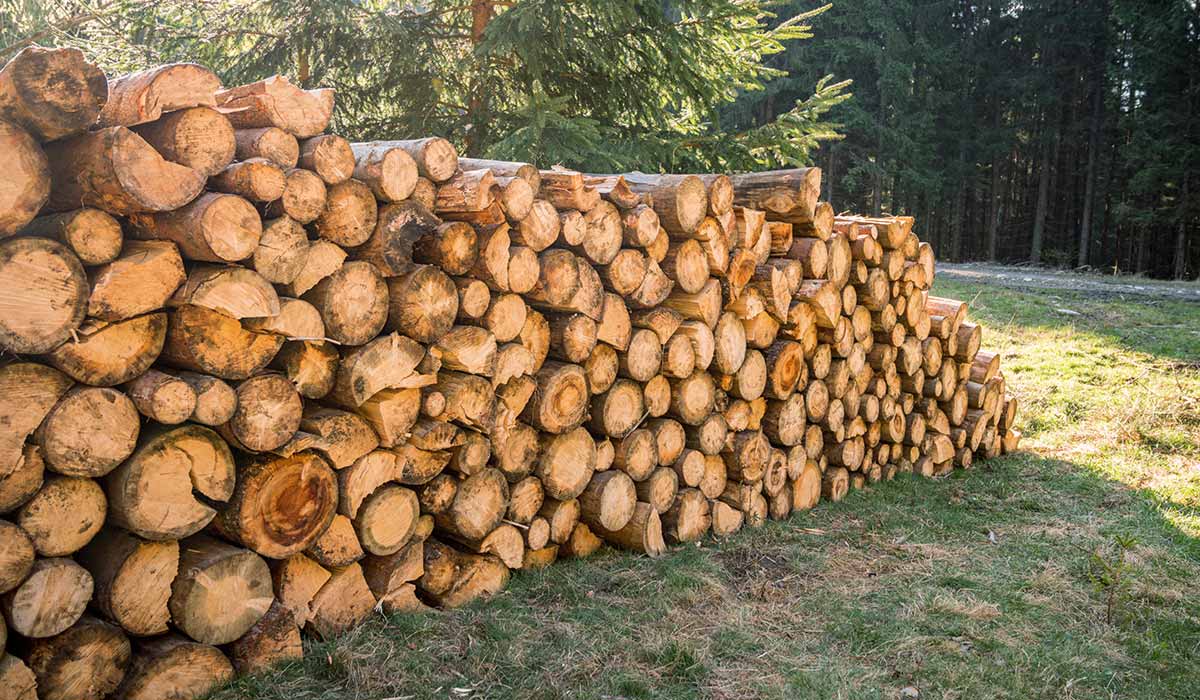
Noble raw materials
The recycling of non-ferrous metals protects important resources.
Metal recycling has a long tradition at Lobbe. Metals are prepared for further processing at many of the Group's sites. In Braunsbedra, Lobbe operates a dry processing plant for non-ferrous metals. Customers come from all over Europe. They mainly supply nonferrous metals from bottom ash and boiler ash for processing. In the plant, the metals are first separated from the mineral components, followed by the separation of the individual metal types.
Mario Waldheim, Managing Director of Lobbe Metallrecycling GmbH, and authorised signatory Jörg Langer summarise the process briefly as "screening and separating". Behind this, of course, are complex processes and modern plants that identify the heavy and light metals. At the end of the processing, there are high-quality metal fractions of aluminium, zinc, brass and copper. The secondary raw materials are not only equivalent in quality to the primary raw materials, they also make an important contribution to the environment and climate. Compared to ore mining, the use of recycled metal conserves natural resources. In Germany alone, the recycling of non-ferrous metals reduces CO2 emissions by around eight million tonnes every year.
The history of metal recycling goes back a long way. As early as antiquity, the valuable raw materials were collected, melted down and reprocessed. One of the most famous examples is probably the "Colossus of Rhodes" - a huge bronze statue that is considered one of the seven ancient wonders of the world. The 30-metre-high statue is said to have been recycled after its collapse. Then as now, the main issue is scarce raw materials and resources. In the industrialised nations of Europe, a lot of metal is processed according to demand. This applies to ferrous as well as non-ferrous metals.
In Germany alone, around 2.5 million tons of nonferrous metals were produced in 2018. Apart from iron, this includes all metals and alloys with an iron content of less than 50 percent. Whether in the automotive industry, electrical engineering or the construction sector - the areas of application for these materials could hardly be more diverse. As a rule, the primary materials, i.e. ores and concentrates, are imported. Recycling and the use of secondary raw materials are therefore all the more important. In 2018, more than half of the raw materials for the production of nonferrous metals in Germany were recycled metal. They are a good example of closed cycles. This is because aluminum, copper and co. can basically be recycled any number of times.
This is not the only reason why the importance of metal recycling will not diminish in the future. New technologies will continue to drive the recycling of precious raw materials. To this end, the Lobbe Group is continuously investing in modern and efficient solutions. A new plant for processing non-ferrous metals is currently being built at the Braunsbedra site. It significantly expands the operational portfolio of the site in Saxony-Anhalt and is a good example of a successful investment in sustainability.

